New calculations reveal that the Federal Republic of Germany has exceeded its CO2 consumption limit, endangering the global effort to achieve the 1.5 degrees Celsius (or 2.7 degrees Fahrenheit) target.
The Expert Council for Environmental Issues (SRU), which has long advised the German government, warns that immediate action is necessary to prevent further environmental damage.
The Paris Climate Conference
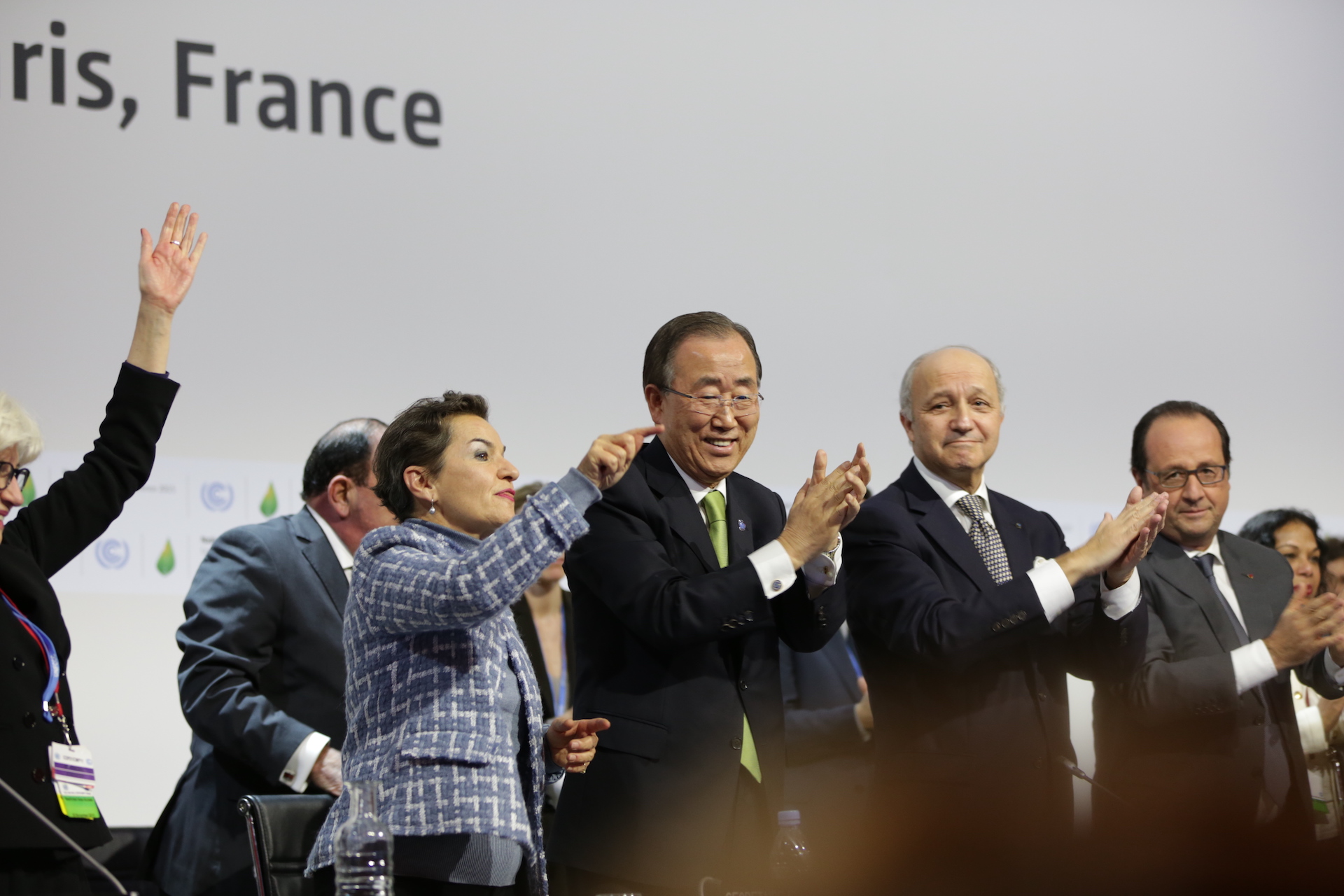
In 2015, the world’s nations committed to limiting the rise of man-made global warming at the Paris Climate Conference. This agreement outlines a CO2 budget that specifies the allowable amount of greenhouse gas emissions that can be released into the atmosphere.
The agreement states that the amount of greenhouse gases could not exceed the threshold.
The CO2 Budget Is Not in the Paris Agreement
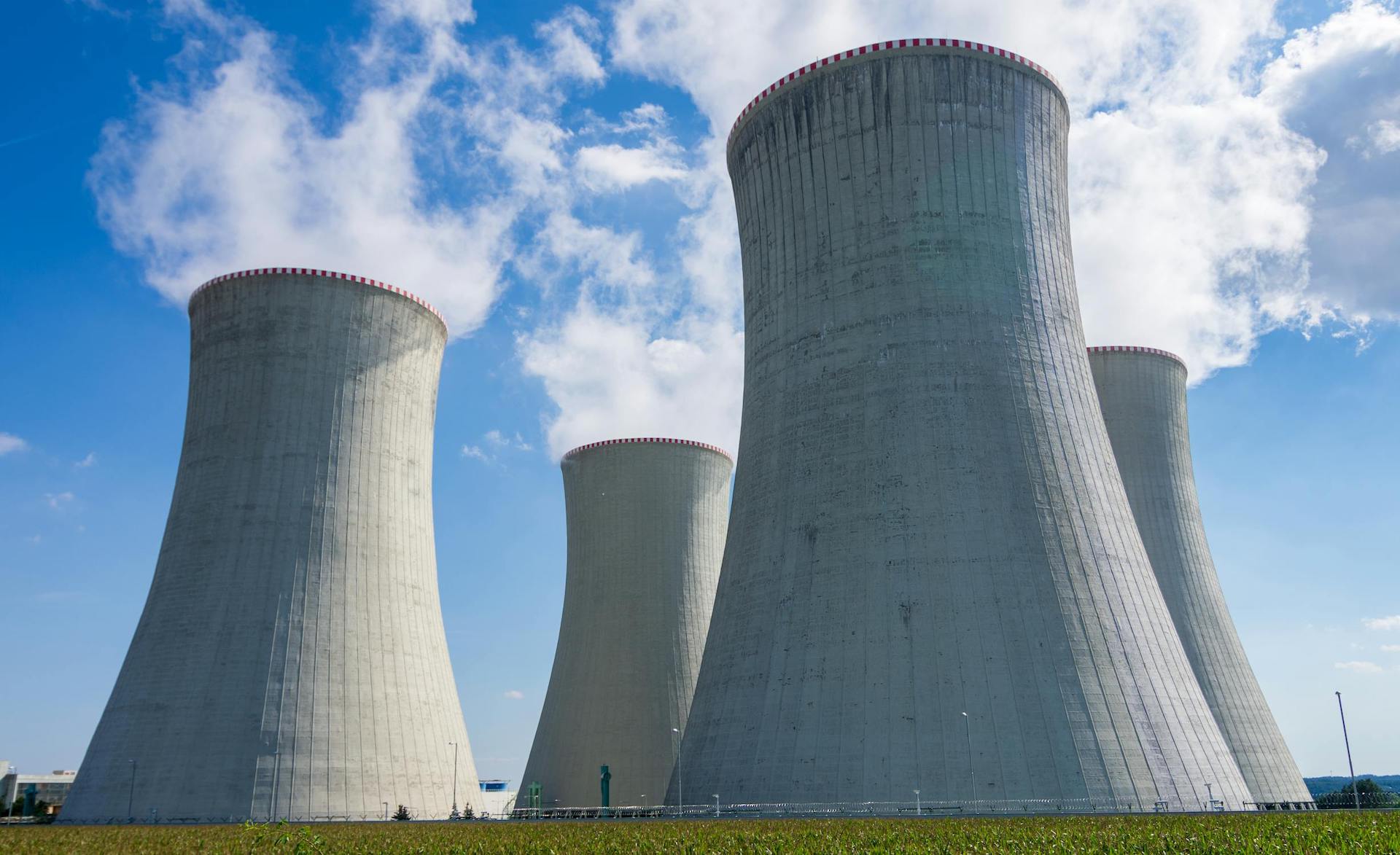
The 2015 Paris Agreement does not explicitly address the concept of a CO2 budget, implying that nations exceeding proposed emission limits may not face direct consequences.
Germany has established emission reduction targets at both national and European levels, supported by a legal framework from the Federal Constitutional Court. Consequently, there may be repercussions for failing to adhere to its allocated CO2 budget.
The 1.5 Degree Target Is Ambitious and Controversial
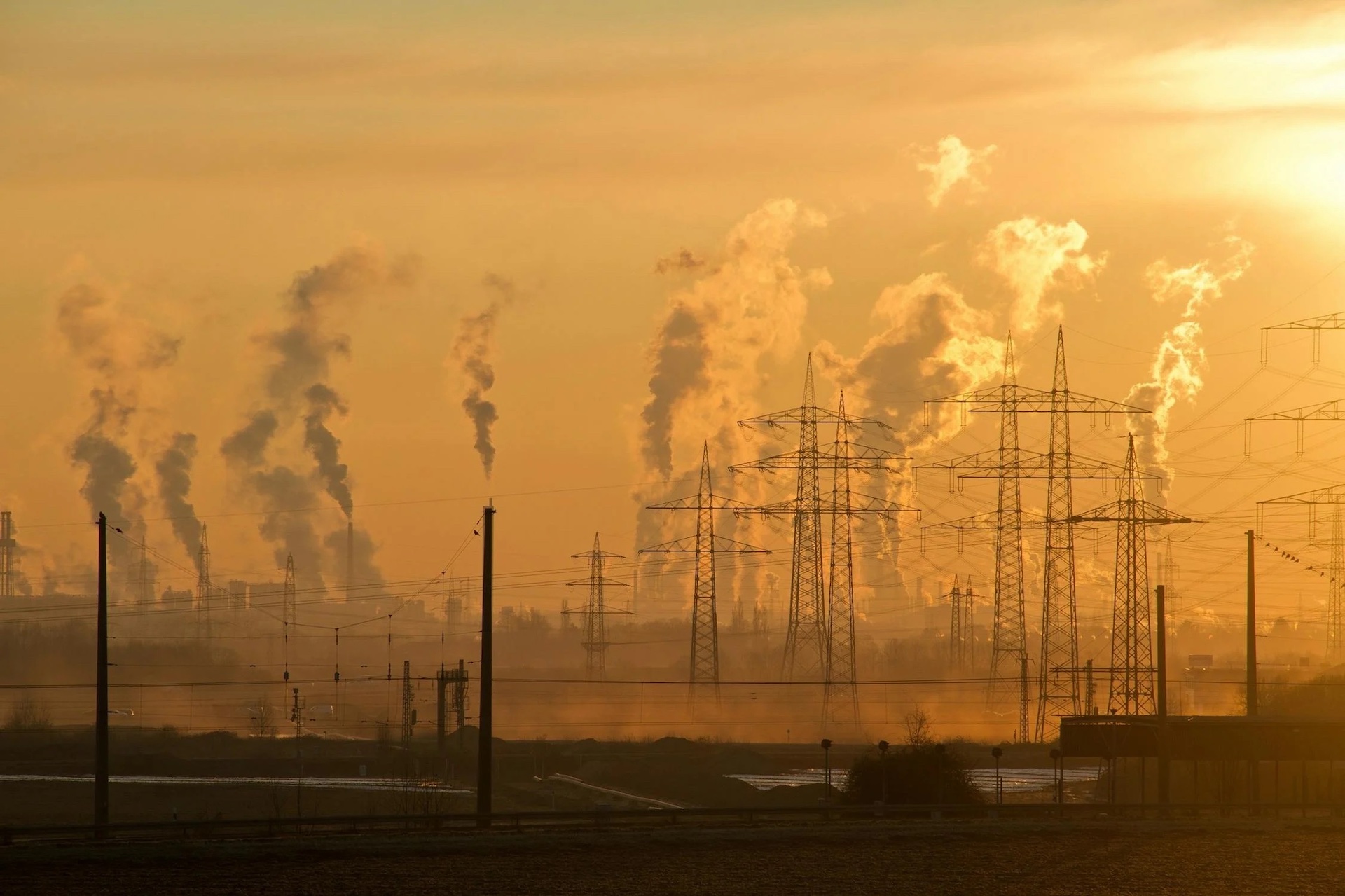
The 1.5-degree target has been controversial since its debut. Critics call the target a “false dichotomy,” saying that the slightest change could mean death for the world.
“People are desperate, they believe that the world will end at 1.5 degrees of global warming,” Wolfgang Lucht, a professor at the Potsdam Institute for Climate Impact Research (PIK) and member of the council, said (via FOCUS Online). “That’s why, in my opinion, it was also a tactical mistake to write these 1.5 degrees into the protocol.”
New Study Speeds the Global Goal Up

While a 2022 calculator from the SRU assumed that the Federal Republic would not exceed its budget until 2031, recent climate scientific findings have challenged this assumption.
The Earth is heating up faster than earlier studies suggested, and the analysis of two additional years of emissions data reveals something shocking.
The CO2 Budget May Be Too High
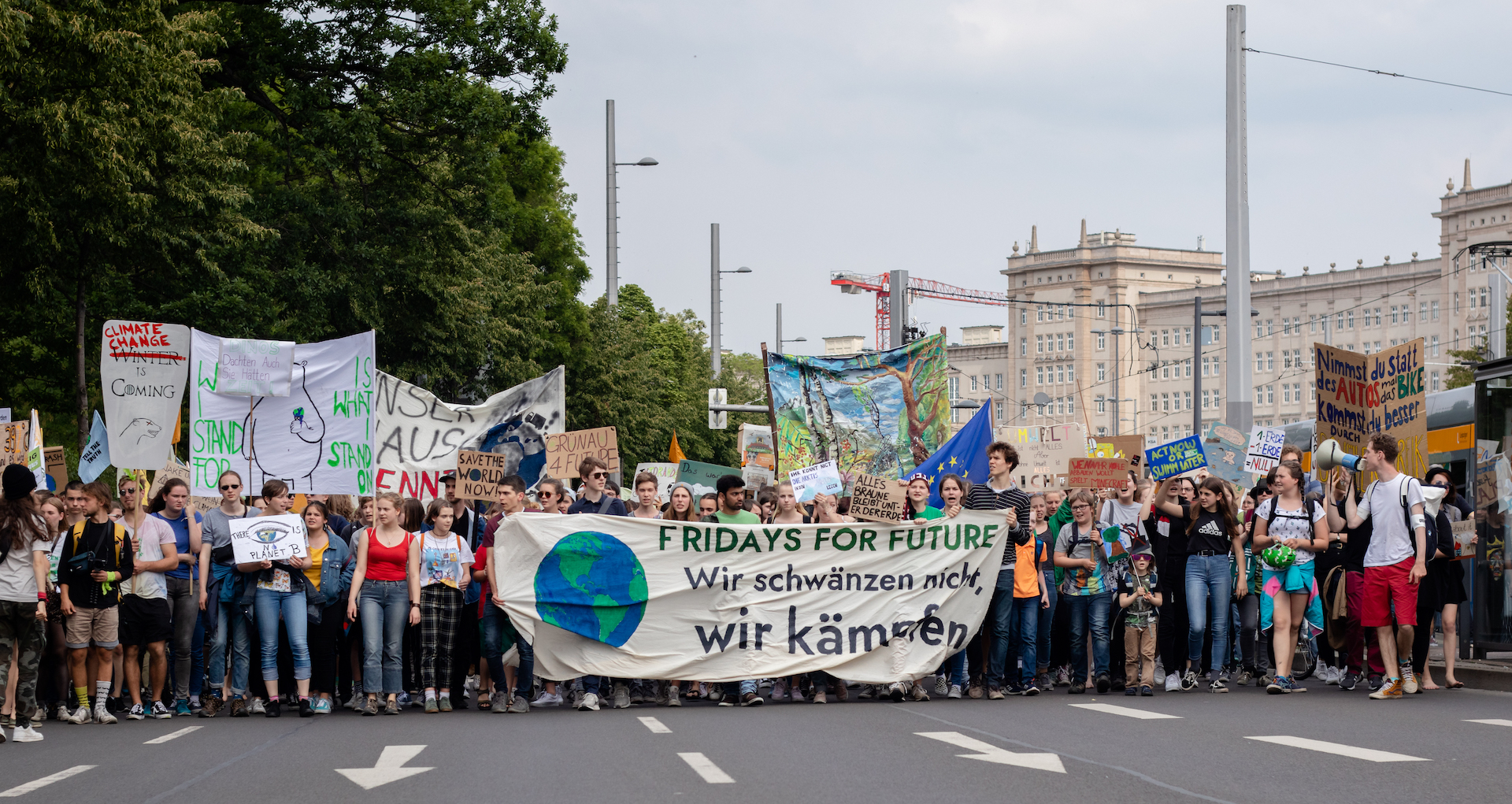
The SRU now acknowledges that it initially set the global CO2 budget too high, estimating it to be nearly a quarter off the mark. As the global budget is recalibrated to correct this error, Germany’s allocated share diminishes accordingly.
Consequently, the Federal Republic is projected to exceed its designated budget.
Germany Needs to Maintain CO2 Emissions
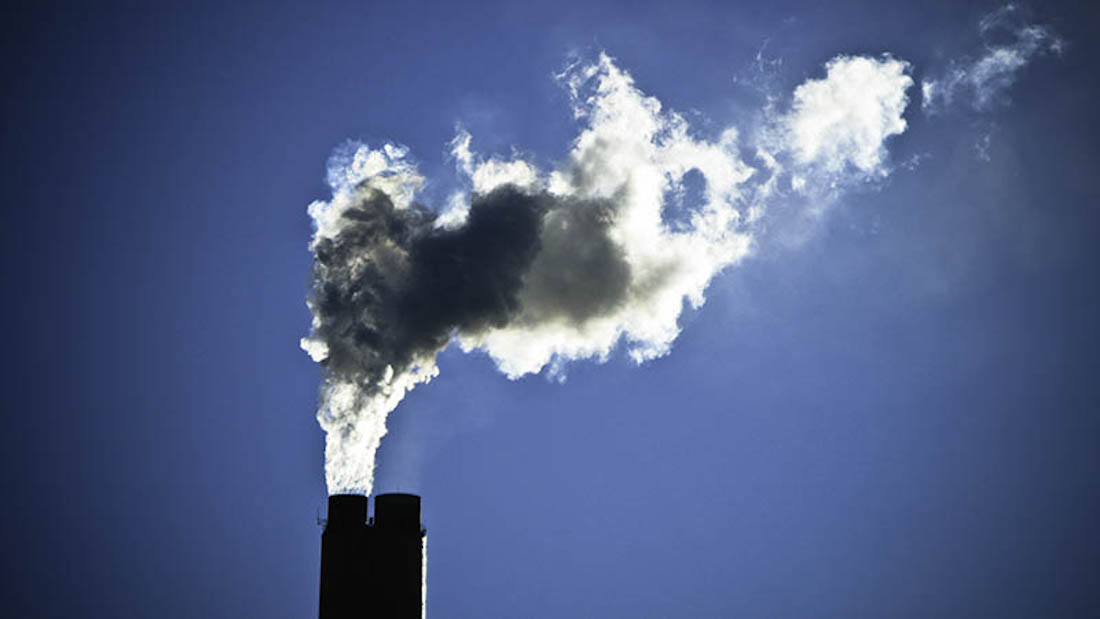
“Climate science has always warned that the window in which Germany can make a sufficient and fair contribution to maintaining the 1.5-degree limit is closing,” says Lucht.
Lucht continued: “It is now inevitable that we emit more CO2 than we are entitled to based on our share of the world’s population.”
Paying the Penalty

Germany is currently subject to penalties for failing to meet its climate targets, which could present unexpected challenges for the nation in the future.
The authors of the latest report offer two potential solutions to address Germany’s–and the world’s–CO2 crisis.
Germany Could Purchase Against the CO2 Budget
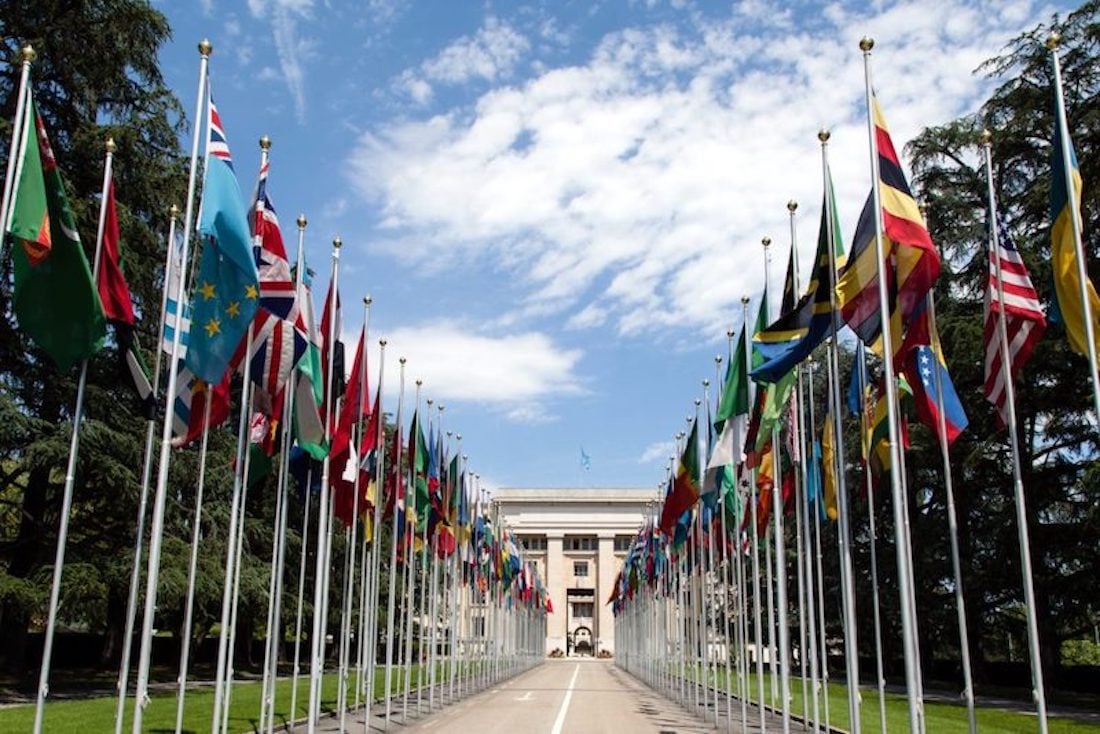
Germany could reduce its high CO2 levels by purchasing excess CO2 allowances from member states such as Bulgaria, the Czech Republic, or Hungary. However, this approach could incur significant costs, potentially totaling millions of euros over the next few years
While it may not be the most economically feasible solution for Germany, it could offer benefits to the countries from which Germany would be purchasing allowances.
Germany Could Invest in New Green Technologies

The second solution involves the adoption of new technology. FOCUS Online suggests that technologies such as “Carbon Capture” and “Carbon Storage” could aid Germany in reducing CO2 emissions.
The government appears to endorse this approach by removing regulatory barriers and fostering the development of these technologies within the country.
Green Tech Could Be the Future

The IPCC World Climate Council confirms that ‘Carbon Capture’ and ‘Carbon Storage’ are crucial components of Germany’s strategy to mitigate carbon emissions. These technologies offer a promising pathway toward global climate neutrality.
However, a significant challenge remains: the transition to green electricity or hydrogen may not be feasible for everyone due to associated costs.
How to Avoid Global Boiling

Germany has several options to reduce its CO2 emissions, but its current choice remains uncertain.
Given the importance of every degree in achieving the 1.5-degree goal, it is crucial for the world, including other major CO2-emitting nations, to closely observe Germany’s approach and make necessary adjustments to their own CO2 emissions.

